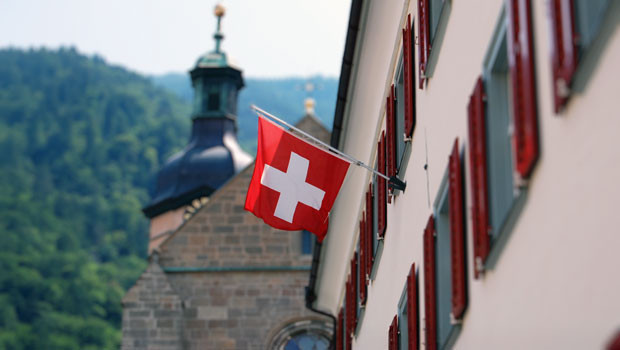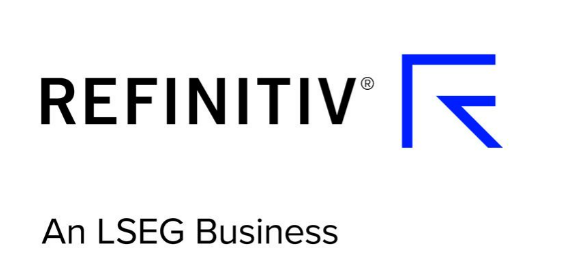
Source: Sharecast
In its first announcement since US President Trump imposed a 39% tariff on Swiss exports, the Bank said: "Inflationary pressure is virtually unchanged compared to the previous quarter. Monetary policy helps to keep inflation within the range consistent with price stability and supports economic development.
"The SNB will continue to monitor the situation and adjust its monetary policy if necessary, in order to ensure price stability."
Inflation has risen slightly since the last monetary policy assessment, to 0.2% in August from -0.1% in May. The SNB said the increase was due mainly to higher inflation in tourism and on imported goods.
The SNB - which has the lowest interest rate among major central banks - said the economic outlook for Switzerland has deteriorated due to the significantly higher US tariffs.
"The tariffs are likely to dampen exports and investment especially," it said.
"Companies in the machinery and watchmaking industries are particularly affected. To date, the impact on other industries - notably in the services sector - has been limited. Many economic indicators therefore still point to a stable situation and moderate growth.
"The SNB continues to expect GDP growth of 1% to 1.5% for 2025 as a whole. As a result of the tariffs and the high level of uncertainty, the SNB expects growth of just under 1% for 2026. In this environment, unemployment is likely to continue rising."
ING said: "At this stage, it’s clear the SNB would prefer to avoid returning to negative rates, and we do not expect further rate cuts. However, the door to future easing remains ajar. A sharper-than-expected deterioration in the economic outlook could quickly bring rate cuts back into the conversation."


